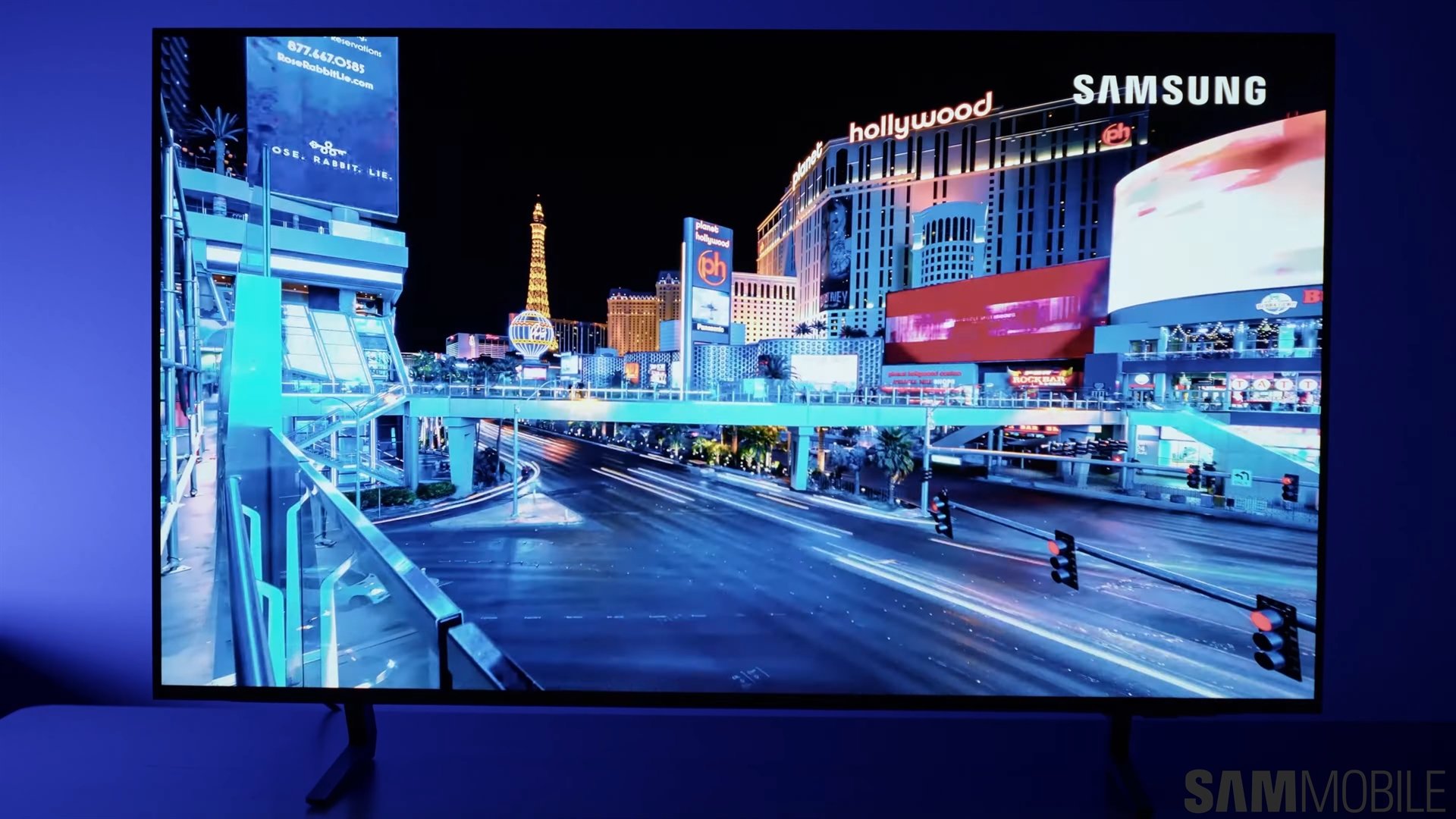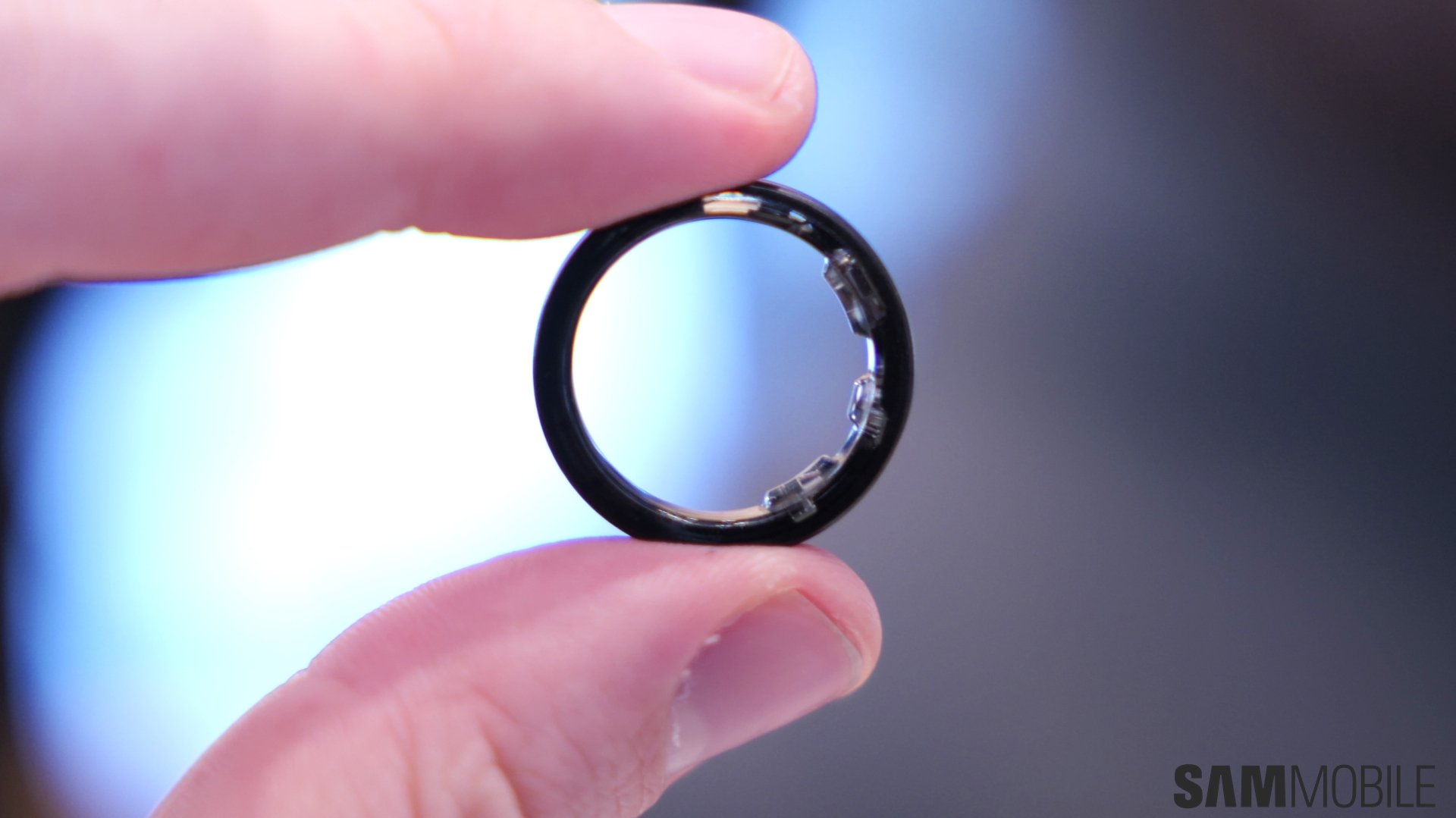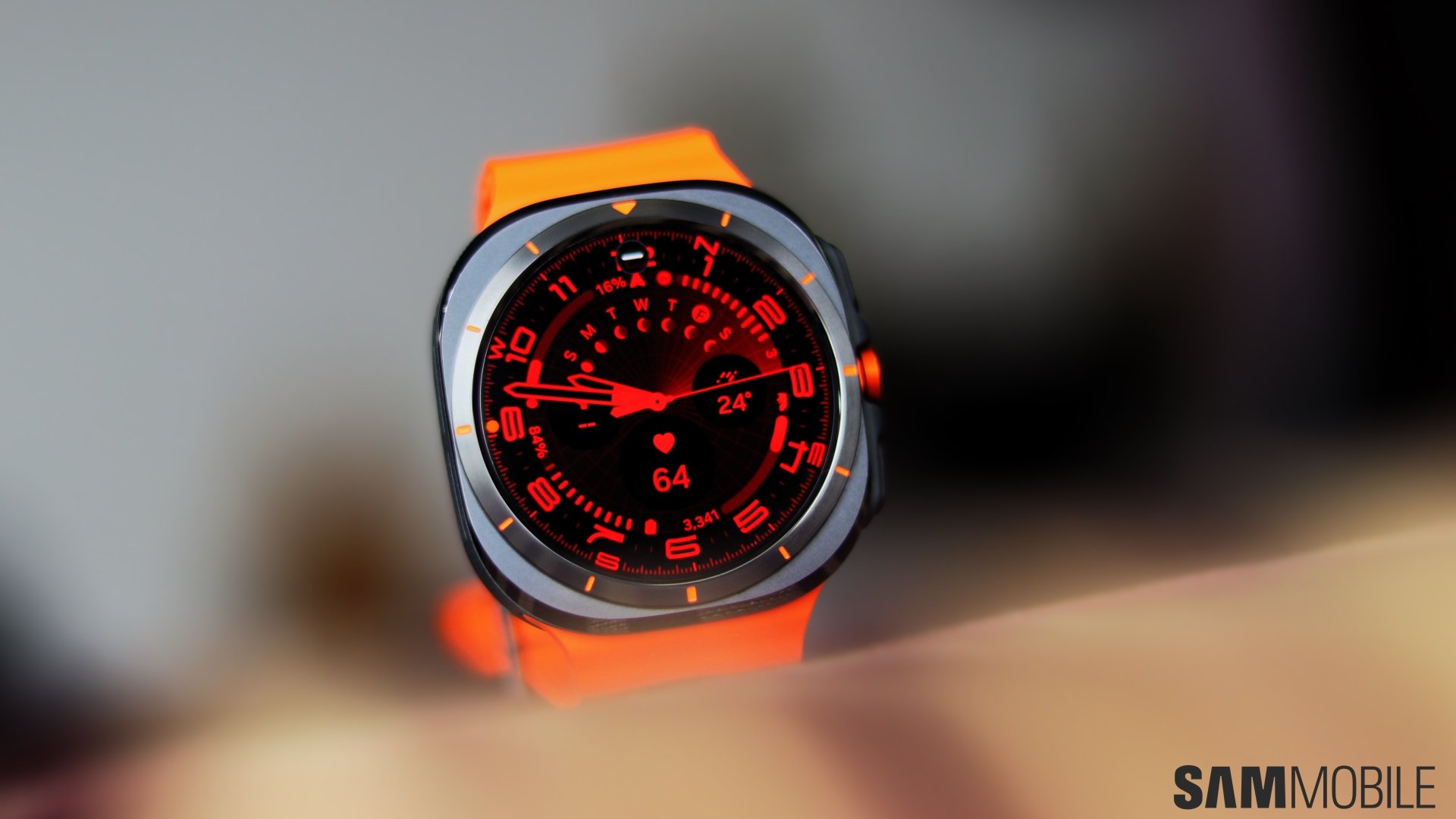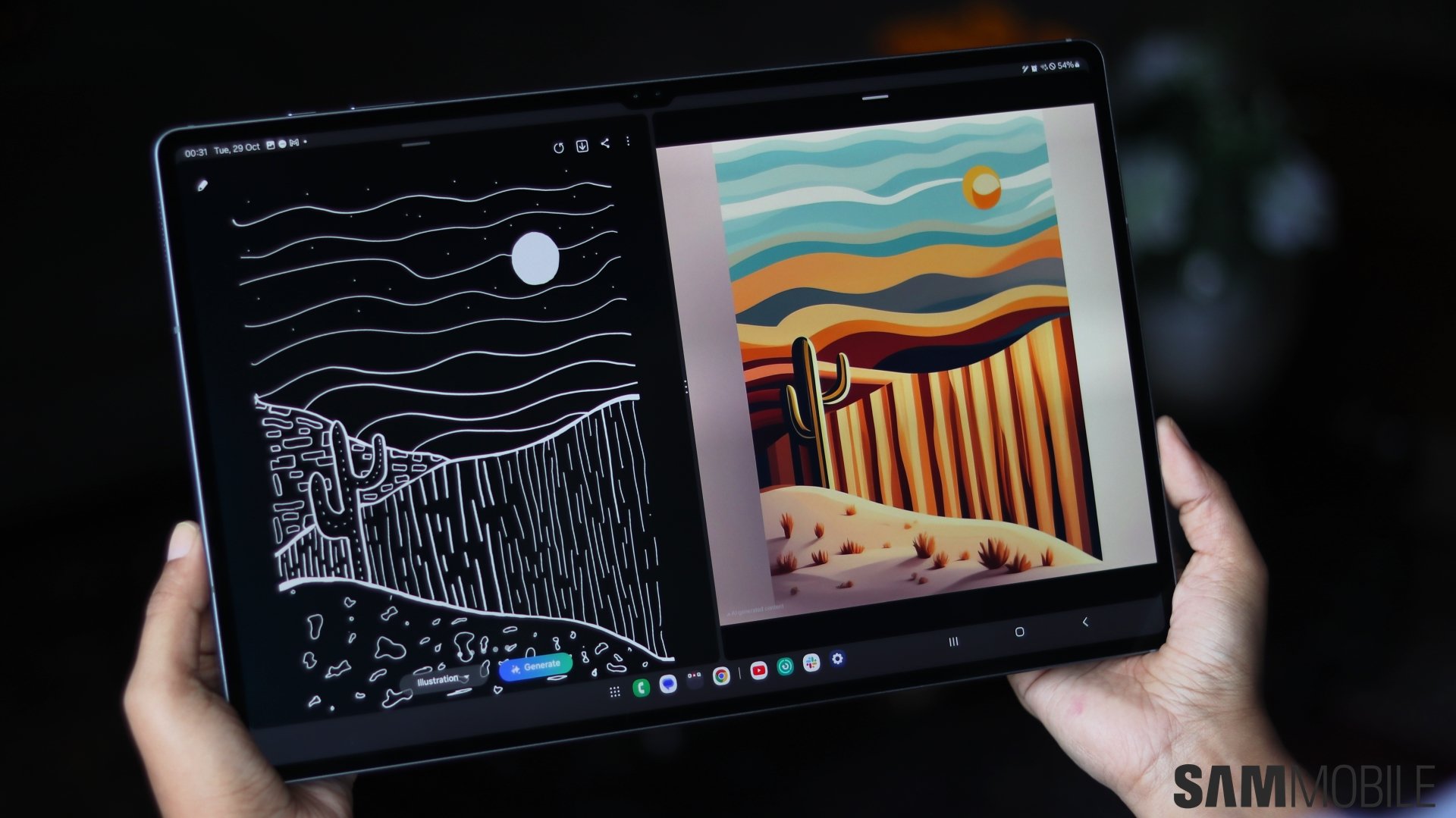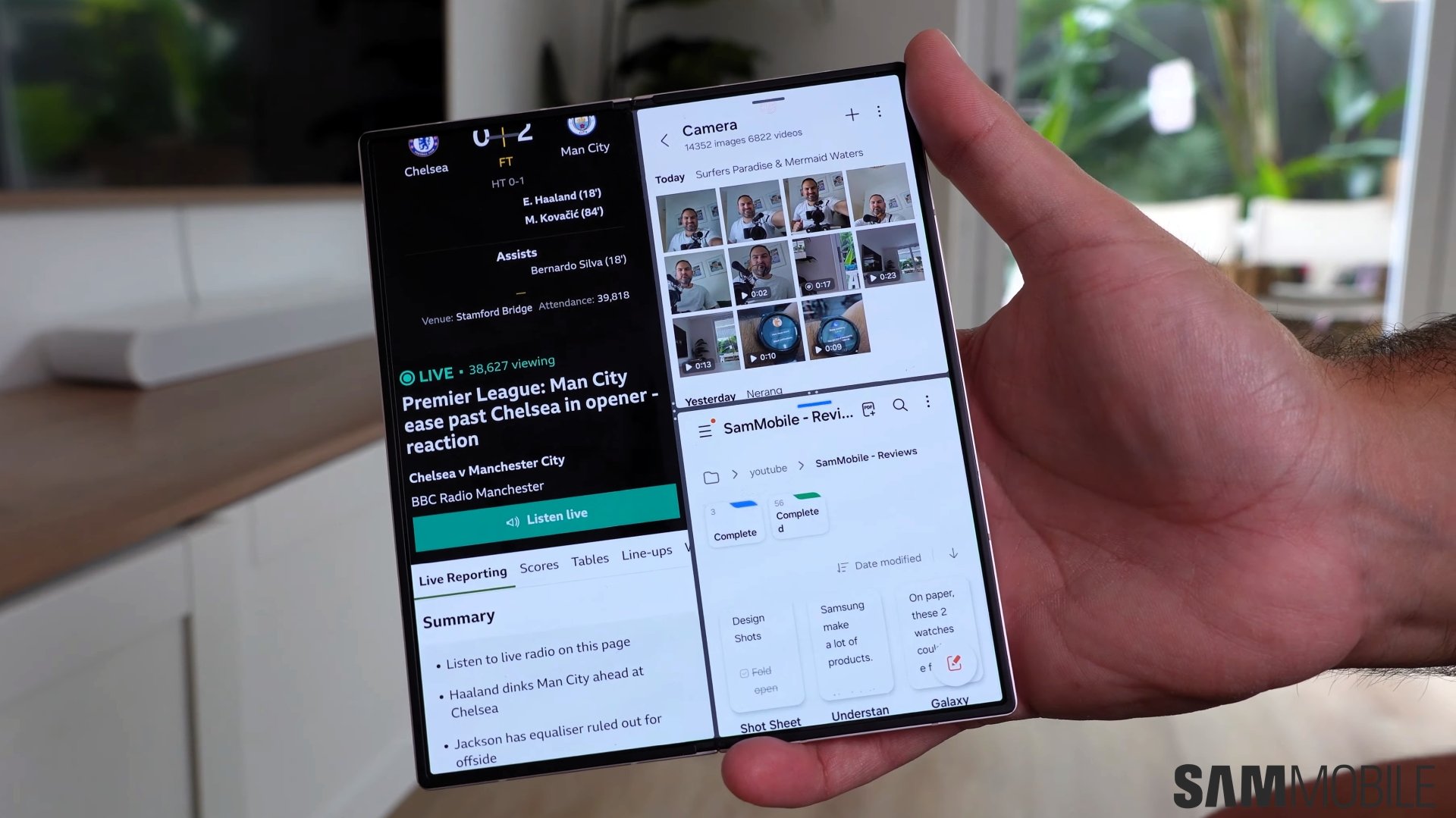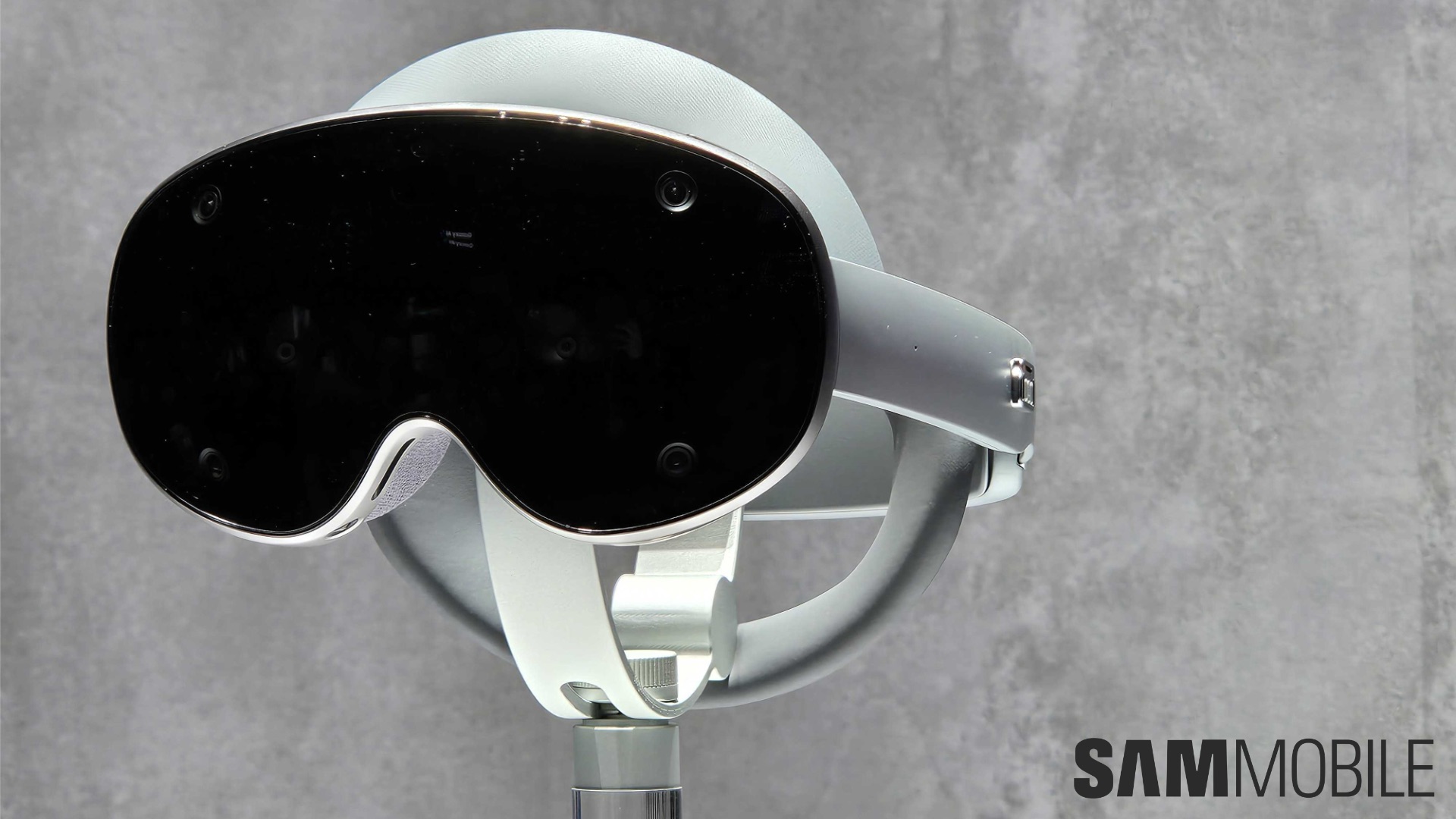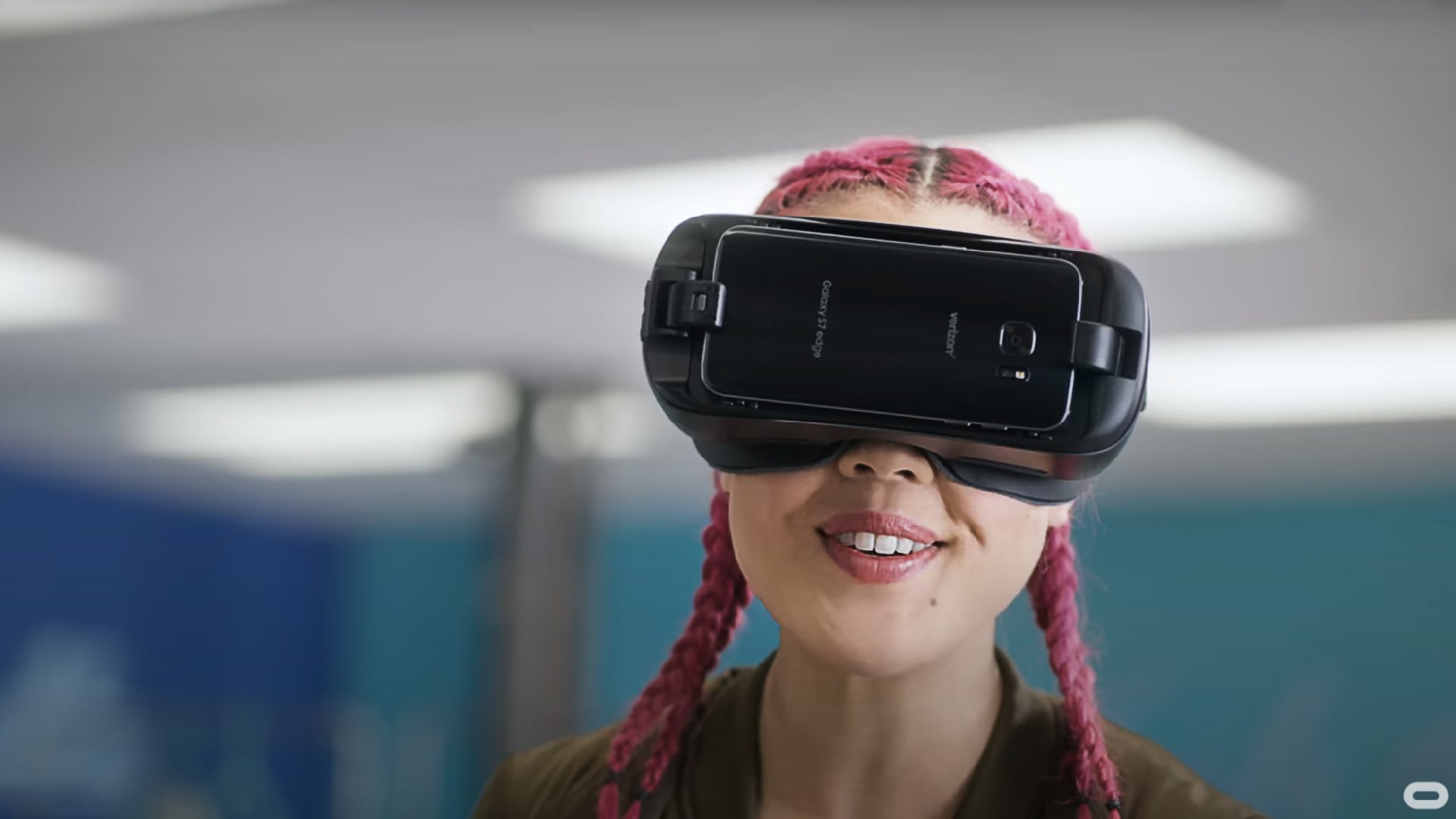
As much of a Samsung product fan as I am, I can't deny that Apple can create new opportunities through emerging products, more so than Samsung. Whenever Apple enters a new market segment, chances are that the company comes in prepared, and its launches increase consumer interest in that segment by a large margin.
Apple has reportedly been working on its XR headset since 2015. Meanwhile, Samsung released its Gear VR headset the same year, and although it was an interesting low-cost solution, it failed to create a new and long-lasting market segment. The headset was discontinued a few years after its debut.
Samsung is now readying a new, standalone mixed-reality headset developed in collaboration with Google and Qualcomm. And if I were to guess, even if this new XR device will be miles above the Gear VR, I'd say that the experience probably won't be as polished as whatever Apple has prepared over the last eight years. Google's existing AR app portfolio probably won't cut it, either.
As such, the fact that Apple will reportedly unveil its first XR headset before Samsung might work in the Korean tech giant's favor and not the other way around.
Samsung might not be able to do this all by itself
Mixed-reality headsets are still unproven on a global scale, and given that Samsung doesn't seem to have worked on its XR headset for as long as Apple did, there's a chance that it can't change the world all by itself and create a massive new market for mixed-reality headsets. On the other hand, Apple might be able to pull it off.
That is why, as much as I hope that Samsung could lead this emerging mixed-reality headset segment – especially given its history with the Gear VR – I believe the company might also benefit from Apple's hype machine and attention to detail when releasing new products. Not every prospective XR user will buy into Apple's ecosystem, and Samsung will probably offer a more affordable alternative to whatever device Apple has created. Therefore, Samsung might have a comfortable start, if it starts behind Apple.
In other words, unless Samsung is ready to blow expectations out of the water with a revolutionary XR device, the company might be better off announcing its product after Apple and after the latter company generates enough consumer interest in the XR headset market.
It might be painful for a Samsung fan to say this, but the company might benefit more from riding on Apple's cocktails, as, historically speaking, Apple has had a better chance than Samsung at creating new revenue opportunities from revolutionary concepts that haven't been tested on a large scale.







